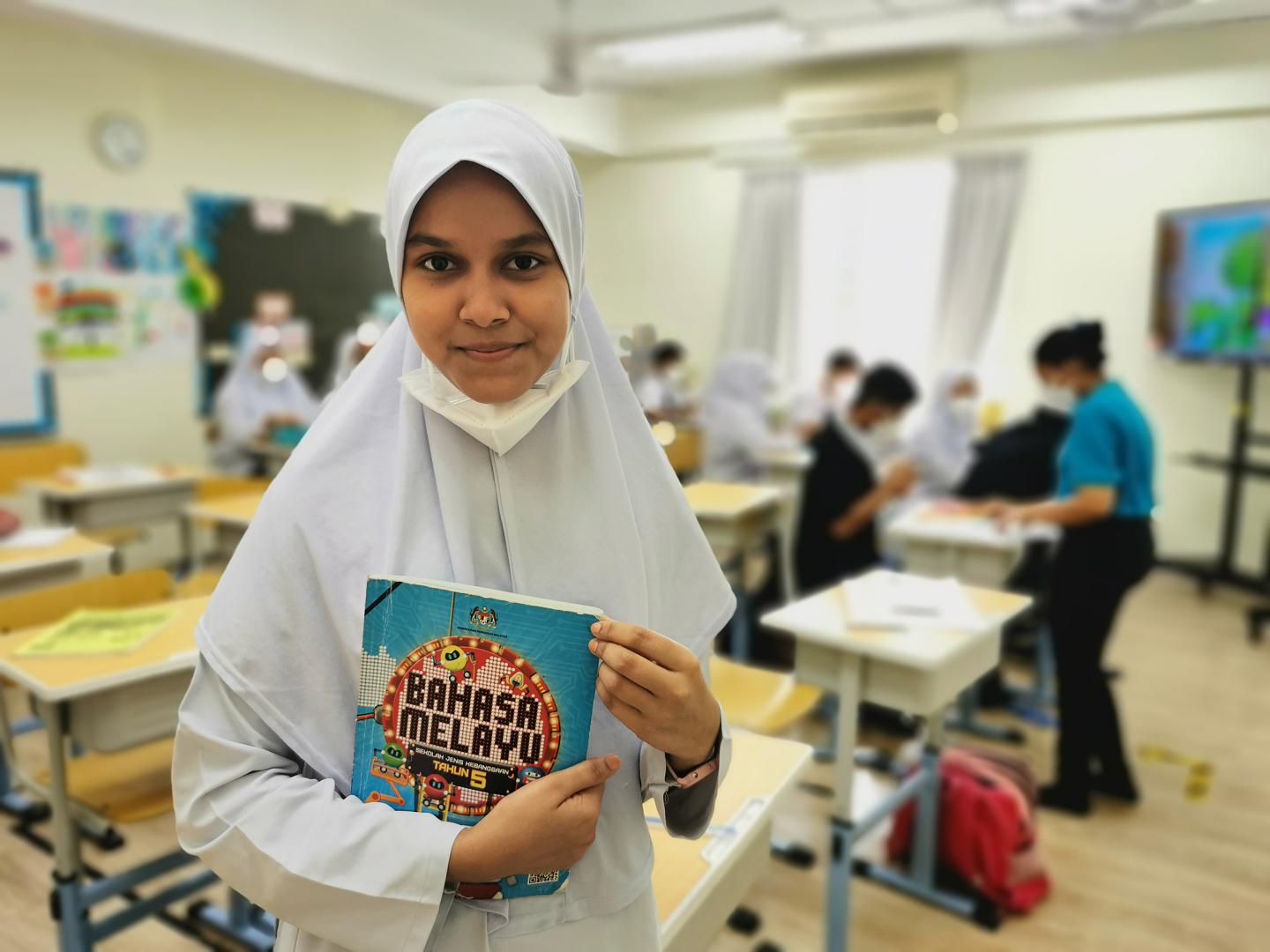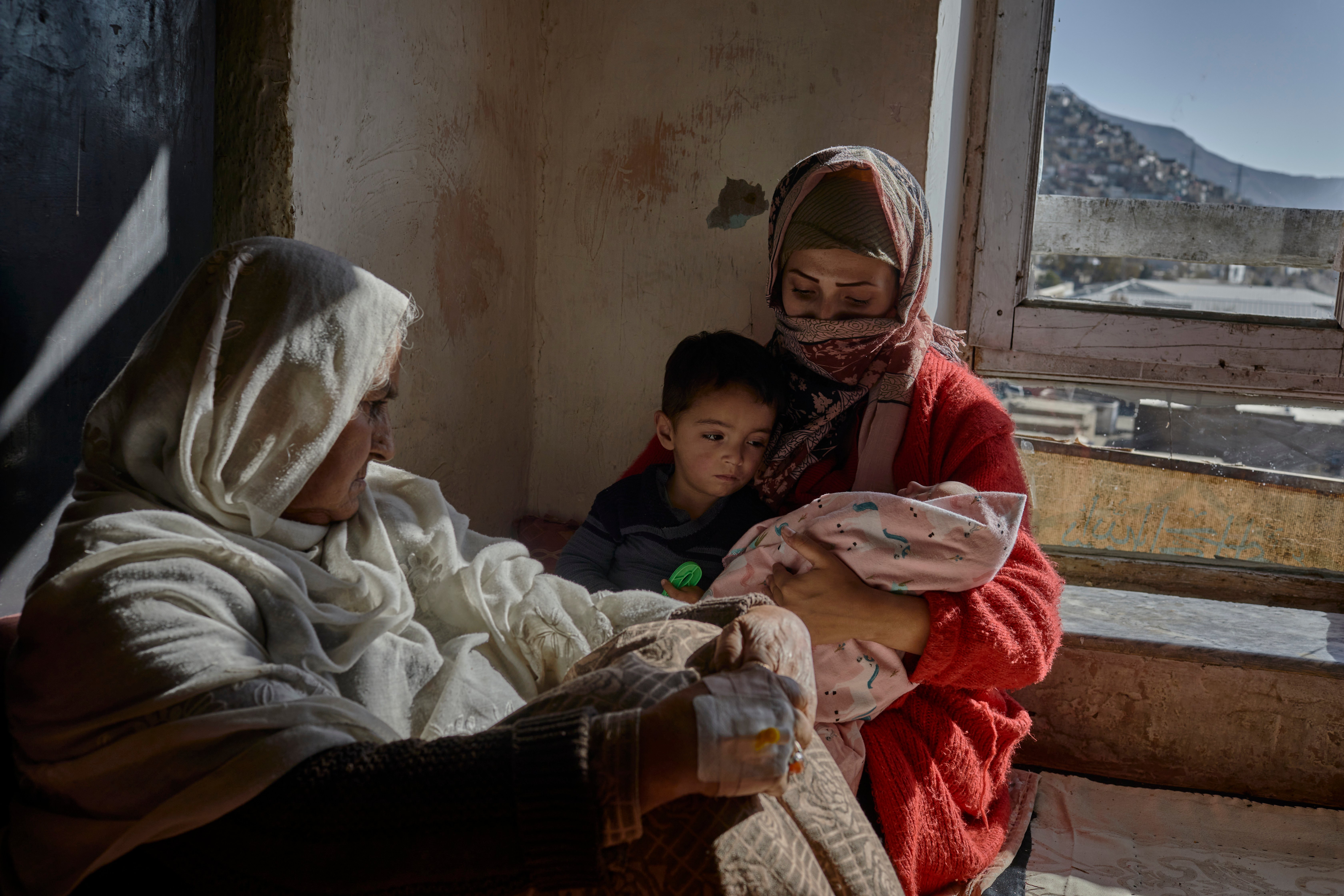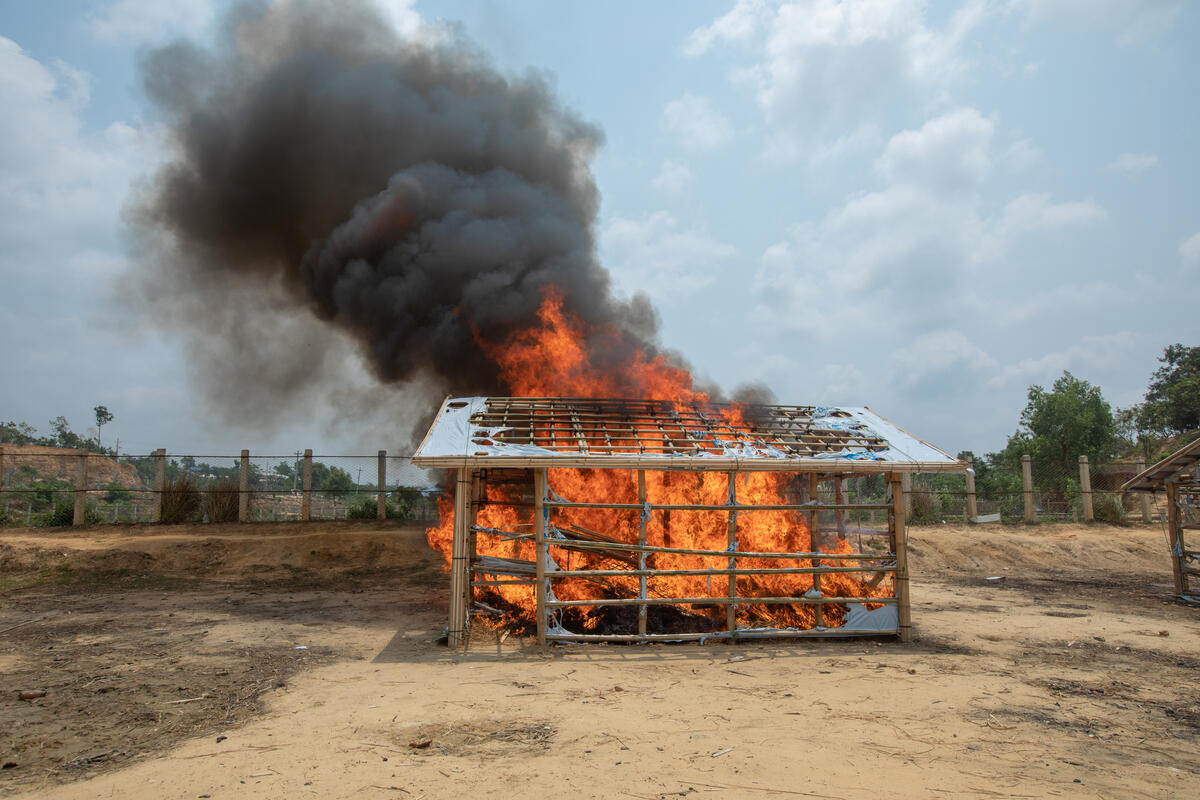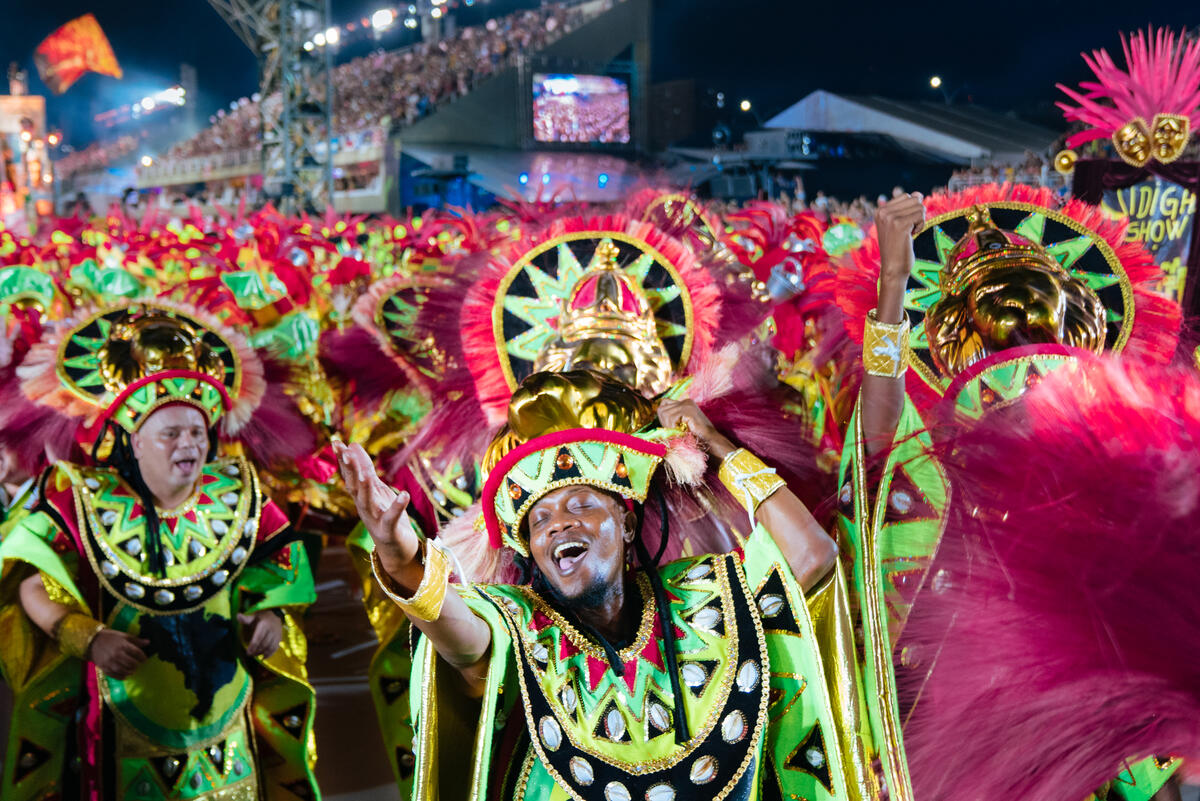International Women's Day: Celebrating The Courage Of Refugee Women

International Women's Day: Celebrating The Courage Of Refugee Women
Refugee women are often at risk of violence and abuse. Approximately 50% of the refugee and asylum-seeker population are made up of female and girls.
KUALA LUMPUR, 8 March 2007 - Seventeen year old Sarah knows a thing or two about survival. Since the age of 15, she has lived alone in Malaysia as a refugee, after being forced to leave her family in her home country to escape a complex human rights situation. She faced sexual abuse almost from the moment she arrived in Malaysia from the man entrusted to care for her, and at the restaurant where she found work. Yet, with extraordinary strength, she survived her experiences with optimism and hope for the future.
"People say I was brave because I was so young to be alone, but I had no choice. Now, I want to go back to school and re-unite with my family," said Sarah.
Today, in conjunction with International Women's Day, the UN Refugee Agency (UNHCR) salutes Sarah's courage, and the strength and courage of thousands of other refugee women worldwide who dig deep in their inner reserves every day to overcome the hardships of building a life in exile.
"For refugees, in particular refugee women, surviving the trauma of flight to reach the host country is only the beginning of the journey. Then there is the everyday challenge of surviving in an alien environment," said Dr Volker Türk, head of UNHCR in Malaysia.
"Refugee women perform the usual domestic tasks, like feeding and clothing their children, but they do this in extremely challenging circumstances where the environment is unfamiliar and often indifferent, where at first they do not understand the language, where sources of income are sparse, and where social support networks virtually do not exist. Women must cope with this while being nurse, teacher, breadwinner and physical protector of their families."
Worldwide, approximately 50% of the refugee and asylum-seeker population are women and girls. In Malaysia, women make up approximately 25% (more than 10,000) of the 43,600 refugees and asylum-seekers registered with UNHCR.
While refugee women and men face similar kinds of harm, women are often at risk of specific forms of abuse and violence which impact on them more severely than on men. In many refugee situations around the world, they may be confronted with rape, harassment or offers for assistance in exchange for sex. They often set aside their own health problems, including their unique reproductive health needs, to deal with more pressing problems like ensuring their children have enough to eat.
Aminah Mahmood is a Myanmar Muslim refugee woman living in Selangor. Venturing out of the home scares her because she speaks only a smattering of Bahasa Malaysia and the hectic city streets are a far cry from her quiet village back home. But she braves herself because she is now the sole bread earner for the family. Her husband had abandoned their family for another woman, and Aminah has five children to care for.
"I used to work selling religious books in the streets. But during the crackdown, I got scared and I did not dare walk on the streets anymore," said Aminah. "When we ran out of money, my sister allowed me to move in with her family.
"But these children are my responsibility and I do not want to burden my sister. I will keep saving up money till we can find our own house."
UNHCR works with Non-Governmental Organisations in Malaysia to help refugees through assistance programmes. UNHCR meets regularly with refugee women to ensure their unique needs are met, and they have equal access to protection, healthcare, basic goods and services as they attempt to make a living.
Malaysians who wish to help refugees can start with the simple step of dispelling the damaging myths about refugees.
"One of the misconceptions about refugees is that they are migrants," said Dr Türk. "This is not true, because unlike migrants, refugees do not flee their country for better material improvements and they do not enjoy the protection of their home country. Refugees cannot return home."
"Sometimes, people believe that refugees want to stay in the host country and be parasites," said Dr Türk. "This is not true as refugees want to contribute to their host country until they can return to their home country. However, this is not always possible due to the situation back home."
Dr Türk added that, regrettably, refugees were frequently viewed with distrust and regarded as ‘criminals'.
"This is unfortunate because in our experience, refugees generally do not commit crimes in a host country because they are deeply afraid of being sent home," said Dr Türk. "If you speak with a refugee, you will understand better that they are no different than you and I.
"But the biggest difference is the courage they display. We are humbled by their experience, stunned by their creativity and resourcefulness, as well as deeply grateful for the courage they demonstrate."









